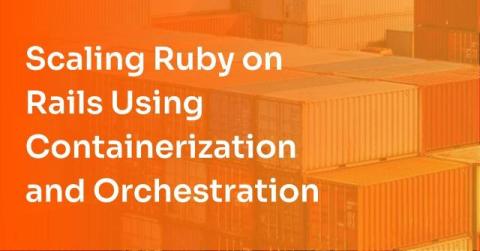A Monumental Year for Qlik's Data Integration and Quality Business
At Qlik World 2023, Mike Capone stood on stage and proudly announced the acquisition of Talend to form Qlik’s Data Business Unit. The Data BU had the charter to combine the best of Qlik Data Integration with Talend and Stitch Data to deliver market-leading data integration and quality solutions.











